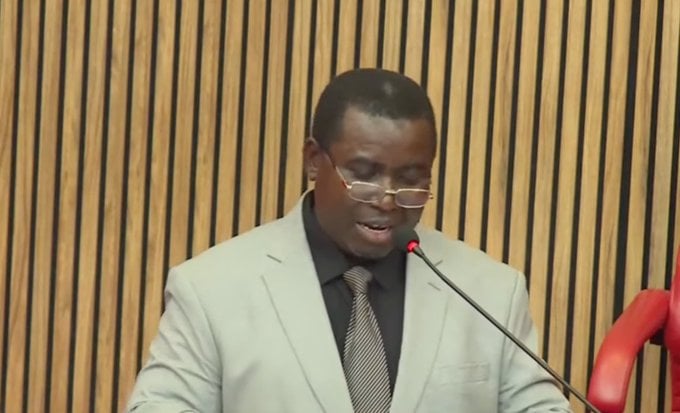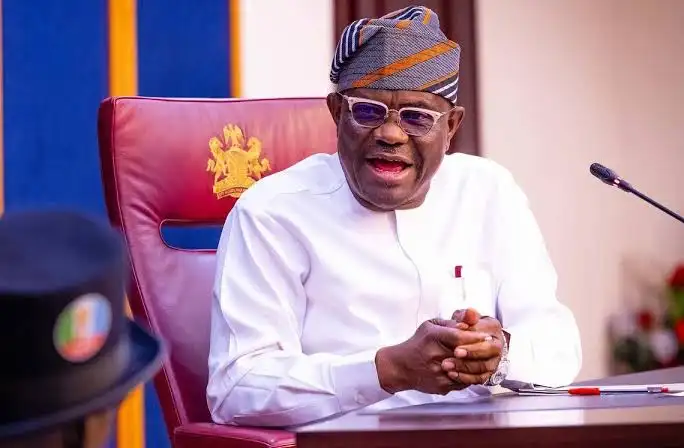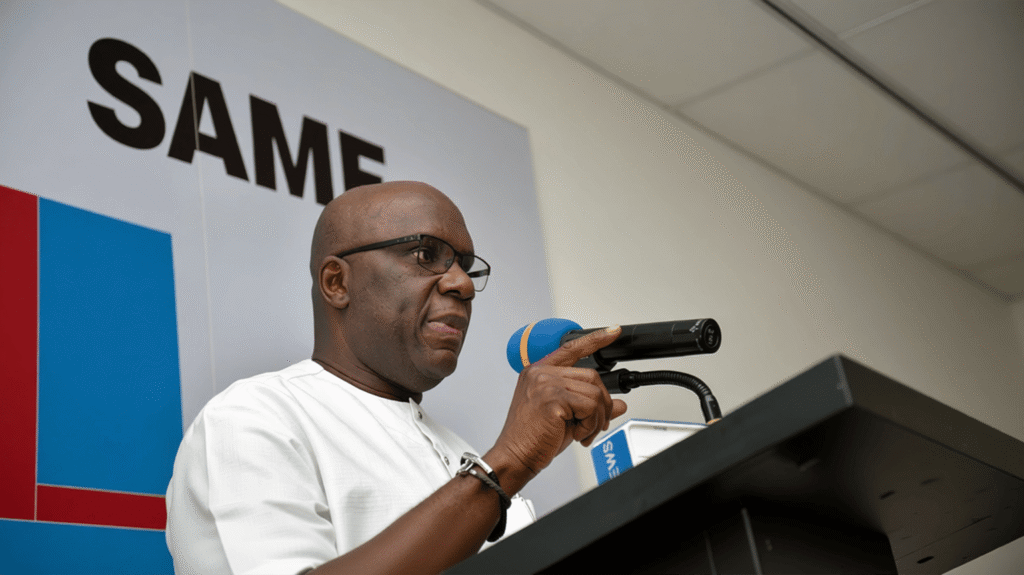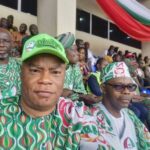BVAS Has Ended Identity Fraud, Says INEC Chair, Insists No Return to Manual Voting

The Chairman of the Independent National Electoral Commission, Joash Amupitan (SAN), has declared that the Bimodal Voter Accreditation System has effectively eliminated identity theft in Nigeria’s elections, insisting the era of impersonation and multiple voting is over.
Amupitan made the assertion at the 2025 Digital Nigeria International Conference and Exhibitions in Abuja, where he was represented by National Commissioner May Agbamuche-Mbu.
His remarks were contained in a statement issued on Tuesday by his Chief Press Secretary, Dayo Oketola.
Describing BVAS as a decisive break from years of electoral abuse, the INEC chair said the device now serves as the Commission’s “frontline defence against identity fraud,” ensuring that only eligible voters can be accredited at polling units.
“The BVAS device has become our frontline defence against identity fraud, ensuring that only the rightful, eligible voter can be accredited at the polling unit. With the biometric safeguards now in place, voter impersonation has been effectively eliminated from our electoral system,” he said.
He backed the claim with data from the recent Anambra governorship election, noting that 6,879 BVAS devices deployed for the poll delivered strong performance, with over 99 per cent of polling-unit results uploaded to the INEC Result Viewing portal on election day.
“These outcomes confirm that the deployment of BVAS and IReV is no longer experimental but an entrenched part of Nigeria’s electoral architecture.
The figure announced at the polling units is the same figure visible to the public. Technology has safeguarded the vote,” he added.
Amupitan said earlier digital tools suffered from weak legal status, leaving INEC exposed during election petitions. He pointed to Section 47(2) of the Electoral Act 2022 as the clause that firmly established technological accreditation as a statutory requirement, giving devices such as BVAS and IReV both operational and legal authority.
“This legislative foundation ensures that our digital tools have both operational and legal legitimacy. It has strengthened public trust and enabled the Commission to innovate with confidence,” he said.
He acknowledged, however, that challenges remain, particularly the reliability of mobile networks needed for real-time result uploads. With 176,846 polling units scattered across remote terrain, he said connectivity remains a key logistical hurdle.
“A tool like the BVAS is only as good as the network it runs on,” he said, adding that INEC is working with the Nigerian Communications Commission, telecom operators and alternative technologies to address the gaps.
Sending a clear warning to the political class, the INEC chair dismissed any suggestion of returning to manual processes, calling them prone to manipulation.
“The gains we have recorded are too significant to reverse,” he said, stressing that INEC will retain and enhance BVAS and IReV as core features of future elections.
He reiterated that widespread “ghost voting,” once common in Nigeria’s elections, has been stamped out.
“Our mission is simple. To ensure that every eligible voter is accurately verified, every vote is properly counted, and every result is transparently shared. Technology has helped us secure these foundations of democracy,” he said.
Nigeria’s adoption of election technology gained momentum after years of public distrust fuelled by ballot stuffing, impersonation and opaque collation processes.
Prior devices such as the Smart Card Reader lacked explicit legal protection, leaving their use open to challenge. The Electoral Act 2022, however, formalised the use of digital accreditation and electronic publication of results, forming the basis for BVAS and IReV’s central role in current elections.









